Home>diy>Building & Construction>What Is A Construction Laborer
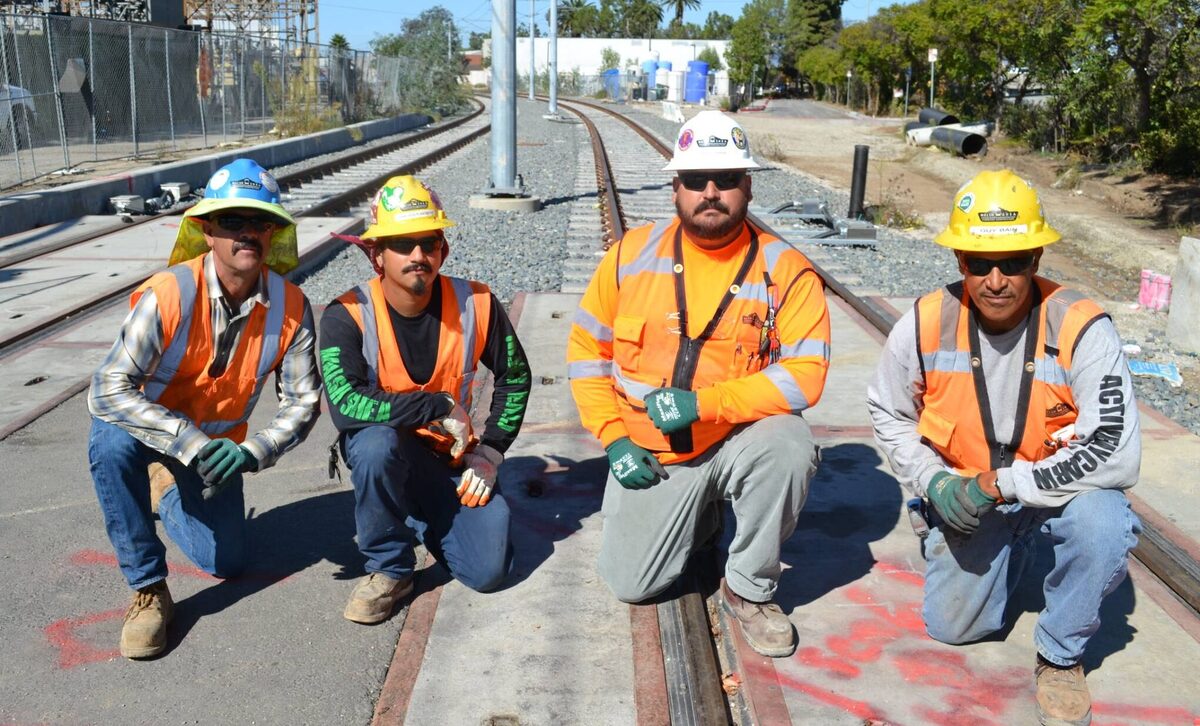

Building & Construction
What Is A Construction Laborer
Modified: May 6, 2024
Learn what a construction laborer does in the building construction industry. Find out their responsibilities, skills, and how to become one.
(Many of the links in this article redirect to a specific reviewed product. Your purchase of these products through affiliate links helps to generate commission for Storables.com, at no extra cost. Learn more)
Introduction
In the world of construction, there are many important roles and positions that contribute to the successful completion of a project. One such role is that of a construction laborer. Construction laborers play a vital role in the construction industry by performing a wide range of tasks and duties to ensure the smooth operation of a construction site.
Whether it’s a small residential project or a large-scale commercial development, construction laborers are often the backbone of any construction project. They are responsible for a variety of physical tasks, from carrying materials to operating heavy machinery. Their work is essential in laying the groundwork for a successful construction project.
In this article, we will explore the job description, duties, skills, and qualifications of a construction laborer. We will also delve into the work environment and physical demands of this profession. Additionally, we will discuss the training and education required to become a skilled construction laborer. Finally, we will touch upon the salary outlook and job prospects in this field.
So, if you’re intrigued by the world of construction and are considering a career as a construction laborer, join us as we delve into the intricacies of this profession and discover what it takes to be successful in this dynamic field.
Key Takeaways:
- Construction laborers play a vital role in the construction industry, performing diverse tasks from site preparation to equipment operation, contributing to successful project completion.
- While formal education is not always required, possessing physical stamina, construction knowledge, and safety consciousness enhances a construction laborer’s effectiveness and potential for career growth.
Read more: How To Calculate Construction Labor Cost
Job Description
A construction laborer, often referred to as a construction worker or construction helper, is responsible for performing a variety of tasks on a construction site. These tasks can vary depending on the specific project and the stage of construction. Construction laborers work under the supervision of skilled professionals, such as construction managers or foremen.
Typically, the job description of a construction laborer includes tasks such as:
- Assisting with the preparation of construction sites before work begins
- Clearing debris and hazardous materials from the site
- Digging trenches or excavating areas for foundations
- Mixing, pouring, and spreading concrete
- Operating a variety of hand and power tools
- Assisting in the assembly and disassembly of temporary structures, such as scaffolding
- Transporting and carrying construction materials to different areas of the site
- Assisting with the installation of pipes, wiring, and other construction components
- Cleaning and maintaining equipment, tools, and work areas
- Following safety protocols and ensuring a safe work environment for all workers
Construction laborers are required to have a good understanding of construction techniques and processes, as well as the ability to follow instructions and work as part of a team. They must have a keen eye for detail and be able to carry out tasks accurately and efficiently. Strong physical stamina and the ability to work in various weather conditions are also essential for this role.
Construction laborers are often exposed to hazardous materials, heavy machinery, and loud noises. Therefore, it is crucial for them to adhere to safety guidelines and wear appropriate personal protective equipment (PPE) at all times. The nature of the work can be physically demanding, requiring a certain level of strength and endurance.
Overall, the primary role of a construction laborer is to support the construction team by carrying out various tasks to ensure the smooth progression of the project. Their contributions are integral to the successful completion of any construction endeavor.
Duties and Responsibilities
A construction laborer’s duties and responsibilities can vary depending on the specific construction project and the stage of construction. However, there are several common tasks that construction laborers are typically responsible for:
- Preparing the Construction Site: Construction laborers assist in preparing the construction site before work begins. This involves clearing debris and hazardous materials, leveling the ground, and setting up safety barriers.
- Operating Tools and Machinery: Construction laborers operate a variety of hand and power tools, such as drills, saws, and jackhammers. They may also operate light machinery, such as forklifts or excavators, under the supervision of trained professionals.
- Mixing and Spreading Materials: Construction laborers are often involved in mixing and spreading materials, such as concrete, asphalt, or mortar. They ensure proper proportions and consistency for effective construction.
- Assisting with Construction Tasks: Construction laborers assist skilled workers, such as carpenters, electricians, or plumbers, in various construction tasks. This can include measuring and cutting materials, installing pipes or wiring, or assembling structures.
- Transporting Materials: Construction laborers are responsible for transporting construction materials to different areas of the site. This can involve carrying materials by hand or using equipment such as wheelbarrows or trolleys.
- Performing Demolition Work: In some cases, construction laborers may be involved in demolition work. This can include dismantling structures, removing debris, and salvaging usable materials.
- Maintaining Cleanliness and Safety: Construction laborers help maintain a clean and safe work environment by keeping the site free from hazards and ensuring proper waste disposal.
- Following Safety Protocols: Construction laborers must adhere to safety protocols and guidelines to prevent accidents and injuries. This includes wearing appropriate personal protective equipment (PPE) and reporting any safety concerns to supervisors.
- Assisting with Site Maintenance: Construction laborers may be responsible for routine site maintenance tasks, such as cleaning equipment, repairing damaged structures, or replenishing supplies.
- Communicating and Collaborating: Construction laborers must effectively communicate with supervisors and other team members to ensure tasks are completed efficiently and according to specifications.
It is important to note that the duties and responsibilities of a construction laborer can vary depending on the project requirements and the specific roles assigned by the construction management team. The ability to adapt to changing tasks and work collaboratively with others is crucial for success in this role.
Skills and Qualifications
Being a construction laborer requires a combination of both physical and technical skills. While formal education is not always required, there are certain skills and qualifications that can greatly enhance a construction laborer’s effectiveness and employability:
- Physical Stamina and Strength: Construction laborers need to have excellent physical endurance and strength as they are often required to perform physically demanding tasks, such as lifting heavy objects, digging trenches, or operating machinery.
- Manual Dexterity: Effective use of hand and power tools is essential for construction laborers. They should have good hand-eye coordination and the ability to operate tools accurately and safely.
- Construction Knowledge: A basic understanding of construction techniques, materials, and tools is beneficial for a construction laborer. Knowledge of different building materials and the ability to read blueprints or construction plans can be advantageous.
- Communication Skills: Construction laborers need to effectively communicate with supervisors and team members to understand instructions and convey important information. Clear communication helps ensure tasks are completed accurately and safely.
- Problem-Solving Skills: Construction sites often present unexpected challenges. Construction laborers should possess problem-solving skills to address issues that may arise and find solutions to keep the project on track.
- Attention to Detail: Paying attention to small details is vital in maintaining construction site safety and ensuring the accuracy of construction activities. Construction laborers should be meticulous in executing tasks and following instructions.
- Teamwork and Collaboration: Construction projects require effective teamwork and collaboration. Construction laborers must be able to work well with others, take direction, and contribute to a positive and productive work environment.
- Safety Consciousness: Construction sites can be hazardous, so construction laborers must prioritize safety. They should be knowledgeable about safety protocols, adhere to safety guidelines, and wear appropriate protective gear.
While formal education is not always necessary to become a construction laborer, a high school diploma or GED is typically the minimum educational requirement. However, some employers may prefer candidates who have completed vocational or technical training programs related to construction.
Additionally, obtaining certifications in relevant areas, such as Occupational Safety and Health Administration (OSHA) construction safety training, can be beneficial and help demonstrate a commitment to safety and professional development.
Ultimately, possessing a combination of physical skills, construction knowledge, and personal qualities such as communication and problem-solving abilities can greatly enhance a construction laborer’s effectiveness and potential for career growth within the construction industry.
Work Environment
The work environment of a construction laborer can vary significantly depending on the nature of the construction project. Construction laborers can work indoors or outdoors, depending on the specific tasks and stages of construction. They can be employed in a variety of settings, including residential, commercial, and industrial construction sites.
Construction laborers often work in physically demanding and potentially hazardous conditions. They are exposed to various weather conditions, such as extreme heat or cold, rain, and high winds. Therefore, it is important for them to be prepared with appropriate clothing and protection to ensure their safety and well-being.
Construction sites can be noisy and dusty, with the constant presence of heavy machinery and equipment. Construction laborers may need to wear ear protection and other personal protective equipment (PPE) to safeguard against loud noises and airborne irritants.
Construction laborers typically work full-time, and their schedules may vary depending on the specific project and construction timeline. They may be required to work on weekends or evenings to meet project deadlines or in emergency situations.
As construction sites are dynamic and fast-paced environments, construction laborers must be adaptable and able to quickly respond to changes in tasks or priorities. They need to be alert and aware of their surroundings, as construction sites can have multiple activities taking place concurrently.
Working as a construction laborer also involves interacting and collaborating with other construction professionals, such as carpenters, electricians, plumbers, and construction managers. Good communication and teamwork skills are essential in order to effectively carry out tasks and ensure the seamless coordination of various construction activities.
While the work environment of a construction laborer can be physically challenging and demanding, it also offers opportunities for skill development, learning, and growth within the construction industry. With experience and consistent performance, construction laborers may advance to supervisory or specialized roles in the field.
Always wear appropriate personal protective equipment (PPE) such as hard hats, gloves, and steel-toed boots to ensure safety on construction sites.
Read more: How To Estimate Labor Cost For Construction
Physical Demands
Being a construction laborer is physically demanding and requires individuals to possess strength, agility, and stamina. Construction laborers are often required to perform a variety of physically demanding tasks throughout their workday.
Some of the physical demands that construction laborers may experience include:
- Lifting and Carrying: Construction laborers are frequently required to lift and carry heavy materials, equipment, and tools. This can include lifting and transporting bags of cement, bundles of lumber, or operating heavy machinery.
- Bending and Stooping: Construction laborers often need to bend, stoop, and kneel to perform tasks such as digging trenches, installing pipes, or repairing structures. These movements require flexibility and the ability to maintain balance in various positions.
- Standing and Walking: Construction laborers spend much of their time on their feet, whether it’s walking around the construction site, operating machinery, or performing tasks that require standing for extended periods.
- Climbing and Working at Heights: Construction laborers may need to climb ladders, scaffolding, or other structures to access certain areas of the construction site. Working at heights requires balance, agility, and a strong sense of safety.
- Repetitive Motions: Some construction tasks may require repetitive motions, such as hammering, drilling, or operating hand tools. These motions can put strain on the muscles and joints, requiring the ability to perform repetitive tasks without causing injury.
In addition to the physical demands, construction laborers must also be aware of potential hazards and take necessary precautions. They should use proper lifting techniques, wear protective equipment, and follow safety protocols to minimize the risk of injury.
It is crucial for construction laborers to maintain good physical fitness to meet the demands of the job. Regular exercise, conditioning, and proper body mechanics can help reduce the risk of strains, sprains, and other injuries that can occur in physically demanding work environments.
While the physical demands of being a construction laborer can be challenging, they provide an opportunity for individuals to develop strength, endurance, and a sense of accomplishment in seeing a construction project come together. Building and maintaining physical fitness can contribute to a long and successful career in the construction industry.
Training and Education
Formal education requirements for construction laborers are generally minimal, with most employers placing a greater emphasis on practical skills and experience. However, completing high school or obtaining a General Education Development (GED) certificate is typically preferred by employers.
While a formal degree or diploma is not mandatory, there are several training and education options available to aspiring construction laborers:
- Apprenticeship Programs: Apprenticeship programs provide a combination of on-the-job training and classroom instruction. These programs are usually offered by trade unions, industry associations, or construction companies. Apprenticeships typically last between two to four years, allowing individuals to gain hands-on experience under the guidance of experienced professionals.
- Vocational and Technical Schools: Vocational and technical schools offer programs specifically tailored to the construction trades. These programs provide a more structured educational curriculum and hands-on training in various aspects of construction, including safety protocols, blueprint reading, math for construction, and hands-on practice with tools and equipment.
- Certifications and Training Programs: There are a variety of certifications and training programs available that can enhance a construction laborer’s skill set and employability. For example, the Occupational Safety and Health Administration (OSHA) offers programs such as the OSHA 10-hour or 30-hour construction safety training courses, which provide valuable knowledge and credentials in construction site safety.
On-the-job training is also a significant aspect of a construction laborer’s learning process. Working alongside experienced construction professionals provides practical experience and an opportunity to acquire industry-specific skills and knowledge.
It’s important for construction laborers to stay up to date with changing construction techniques, materials, and safety regulations. This can be accomplished through attending workshops, seminars, and continuing education courses provided by trade organizations or industry associations.
While formal education and training are valuable, experience and hands-on practice are equally important in developing the skills required for a successful career as a construction laborer. Building a strong foundation of practical skills and continuously seeking opportunities for learning and growth are key to advancement in the construction industry.
Salary and Job Outlook
The salary of a construction laborer can vary depending on factors such as location, level of experience, and the specific construction project. The Bureau of Labor Statistics (BLS) reports that the median annual wage for construction laborers was $38,890 in May 2020 in the United States.
It is important to note that entry-level construction laborers may start at a lower wage and their earnings can increase with experience and additional skills acquired. Experienced construction laborers who possess specialized skills or certifications may also command higher salaries.
The job outlook for construction laborers is generally positive. According to the BLS, employment of construction laborers is projected to grow 5 percent from 2020 to 2030, which is as fast as the average for all occupations. The demand for construction laborers is driven by the need to build and maintain infrastructure, as well as the ongoing need for residential and commercial construction projects.
Job prospects for construction laborers can be influenced by factors such as the overall economy and fluctuations in the construction industry. Seasonal variations and economic downturns can impact employment opportunities in this field.
However, the need for construction laborers in areas such as home renovation, infrastructure development, and commercial construction remains steady. As older workers retire or transition to other roles within the industry, job openings will become available for new entrants and those seeking career advancement opportunities.
Additionally, having a diverse set of skills, such as operating machinery, reading blueprints, or possessing knowledge in a specific trade, can increase job prospects and provide a competitive edge in the job market. Continuous learning and staying updated with industry trends and regulations can also contribute to long-term job stability and growth.
Given the projected growth in the construction industry and the ongoing need for skilled laborers, pursuing a career as a construction laborer can offer a stable job outlook and opportunities for career advancement in the construction industry.
Conclusion
Being a construction laborer is a physically demanding yet rewarding career choice. Construction laborers play an integral role in the construction industry by performing a wide range of tasks that contribute to the successful completion of a project. From preparing the construction site to operating tools and machinery, their efforts are crucial in laying the groundwork for a successful construction endeavor.
Although formal education requirements for construction laborers are minimal, acquiring practical skills and experience through apprenticeships, vocational programs, and on-the-job training can greatly enhance their effectiveness and employability. Having a strong foundation in physical fitness, construction knowledge, and interpersonal skills equips construction laborers to excel in their roles and adapt to the dynamic and ever-changing construction environment.
The work environment of construction laborers can be challenging, with exposure to various weather conditions, noise, and potential hazards. However, their ability to work collaboratively in a team, communicate effectively, and prioritize safety ensures the smooth progression of construction projects and the maintenance of a safe work environment.
In terms of salary and job outlook, construction laborers can earn a median annual wage that varies based on factors such as location, experience, and project requirements. The job outlook for construction laborers is generally positive, with employment opportunities projected to grow in line with the average for all occupations. Those who possess specialized skills and certifications may have even greater job prospects and earning potential.
In conclusion, a career as a construction laborer offers both challenges and rewards. Through their dedication and hard work, construction laborers contribute to the creation of infrastructure, homes, and commercial buildings that shape our communities. By continuously honing their skills and embracing opportunities for growth, construction laborers can build a fulfilling and successful career within the construction industry.
Curious about the broader world of construction? Discovering the role of a construction laborer is just one piece of the puzzle. If you're eager to understand where all this hard work unfolds, our article on construction sites provides a detailed look at these dynamic environments. Safety, too, is paramount in this field. Don't miss our essential guide on why construction safety matters, highlighting preventive measures and best practices that keep everyone on site safe.
Frequently Asked Questions about What Is A Construction Laborer
Was this page helpful?
At Storables.com, we guarantee accurate and reliable information. Our content, validated by Expert Board Contributors, is crafted following stringent Editorial Policies. We're committed to providing you with well-researched, expert-backed insights for all your informational needs.

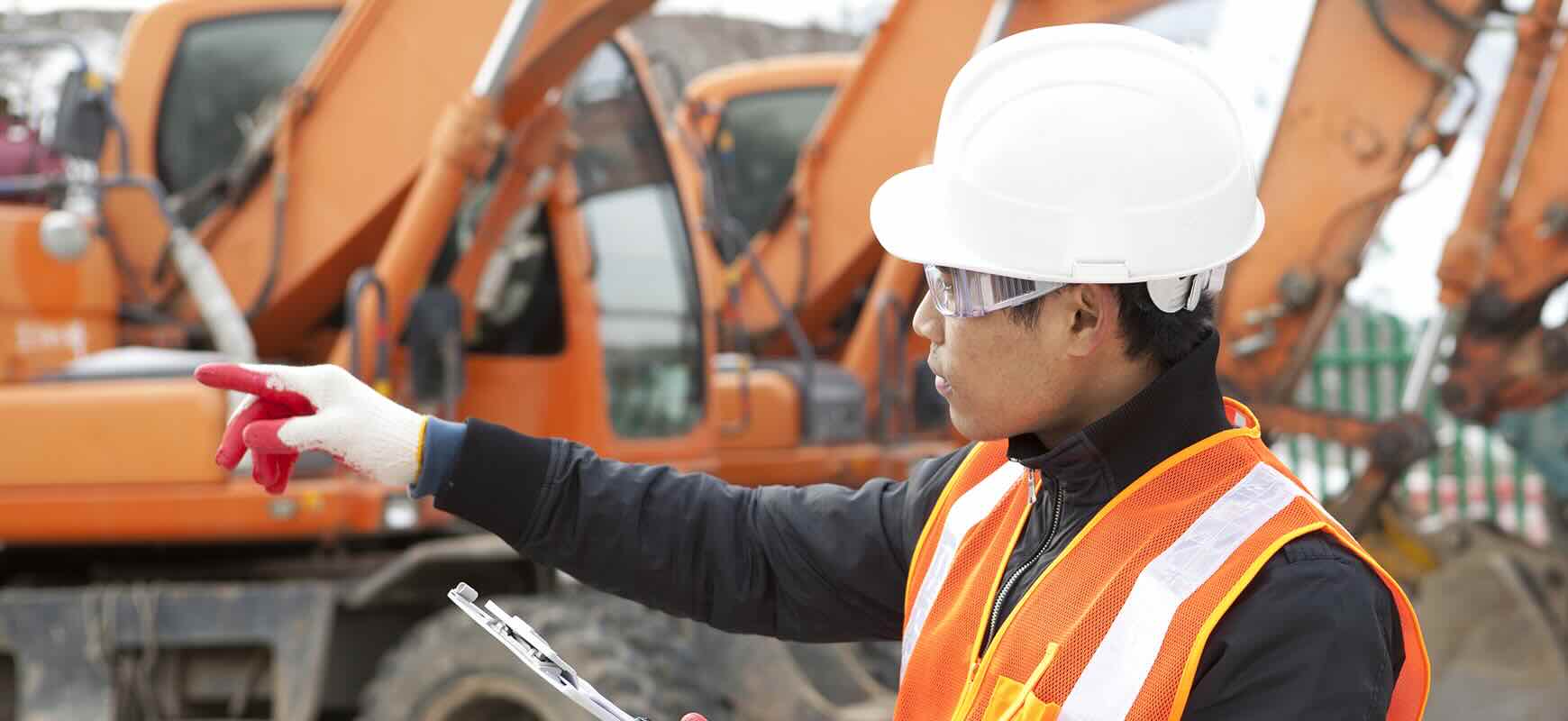

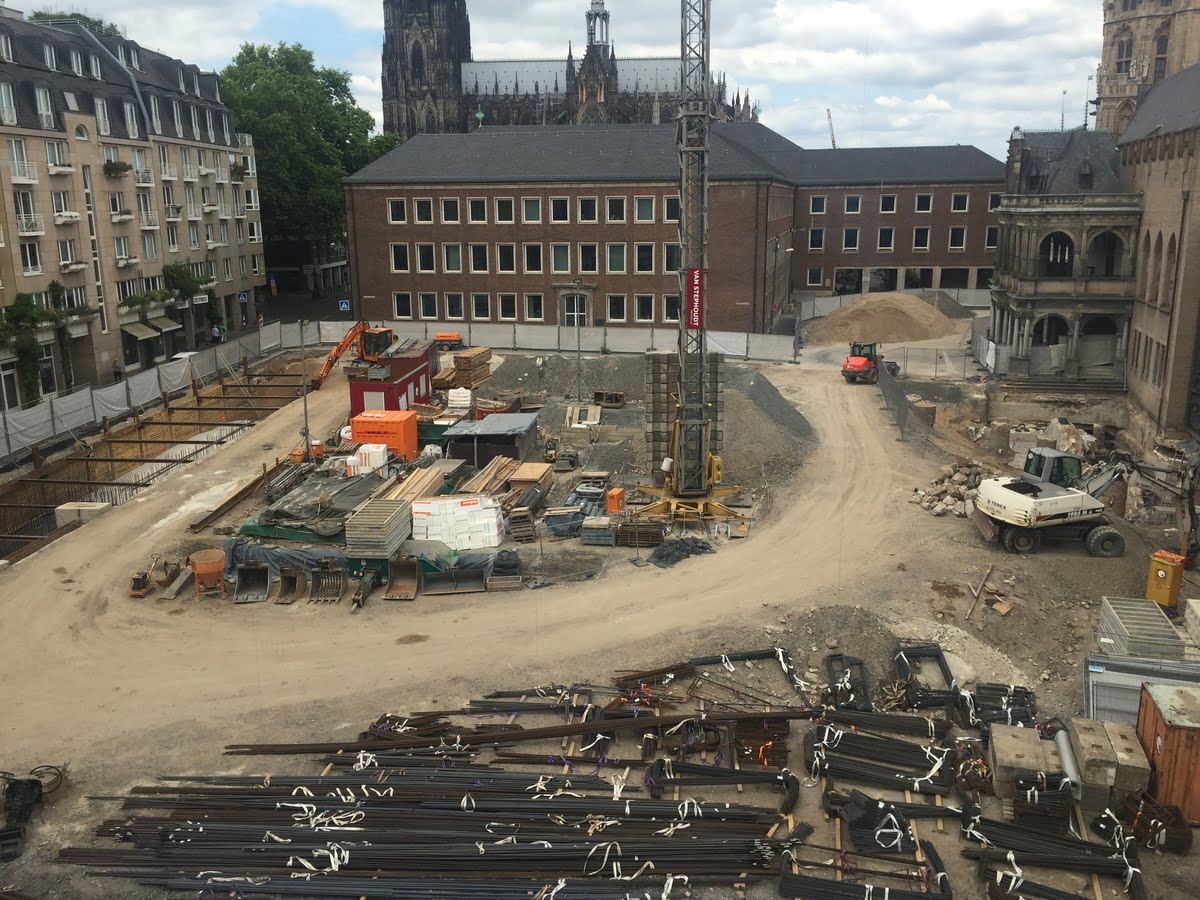



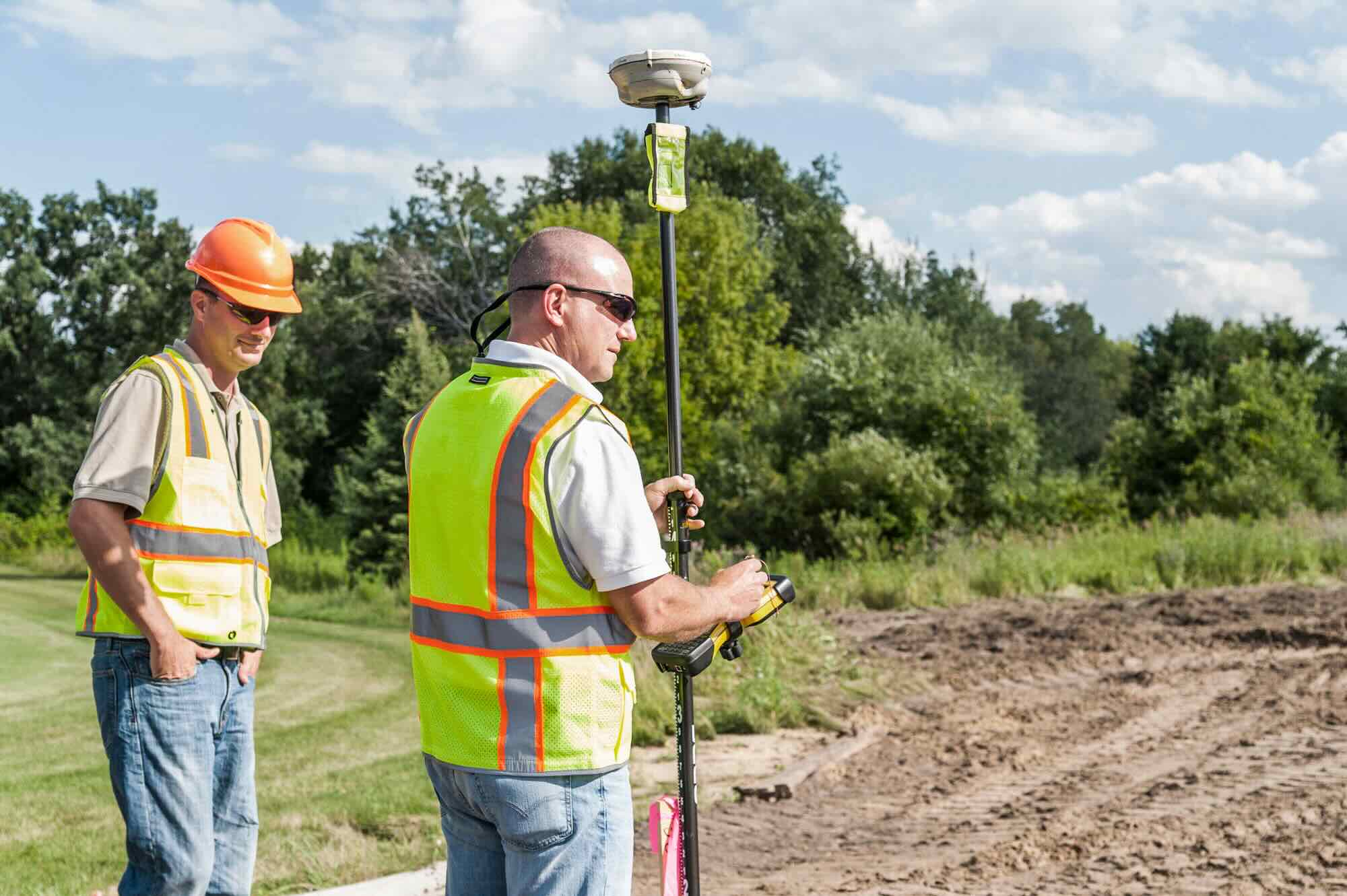
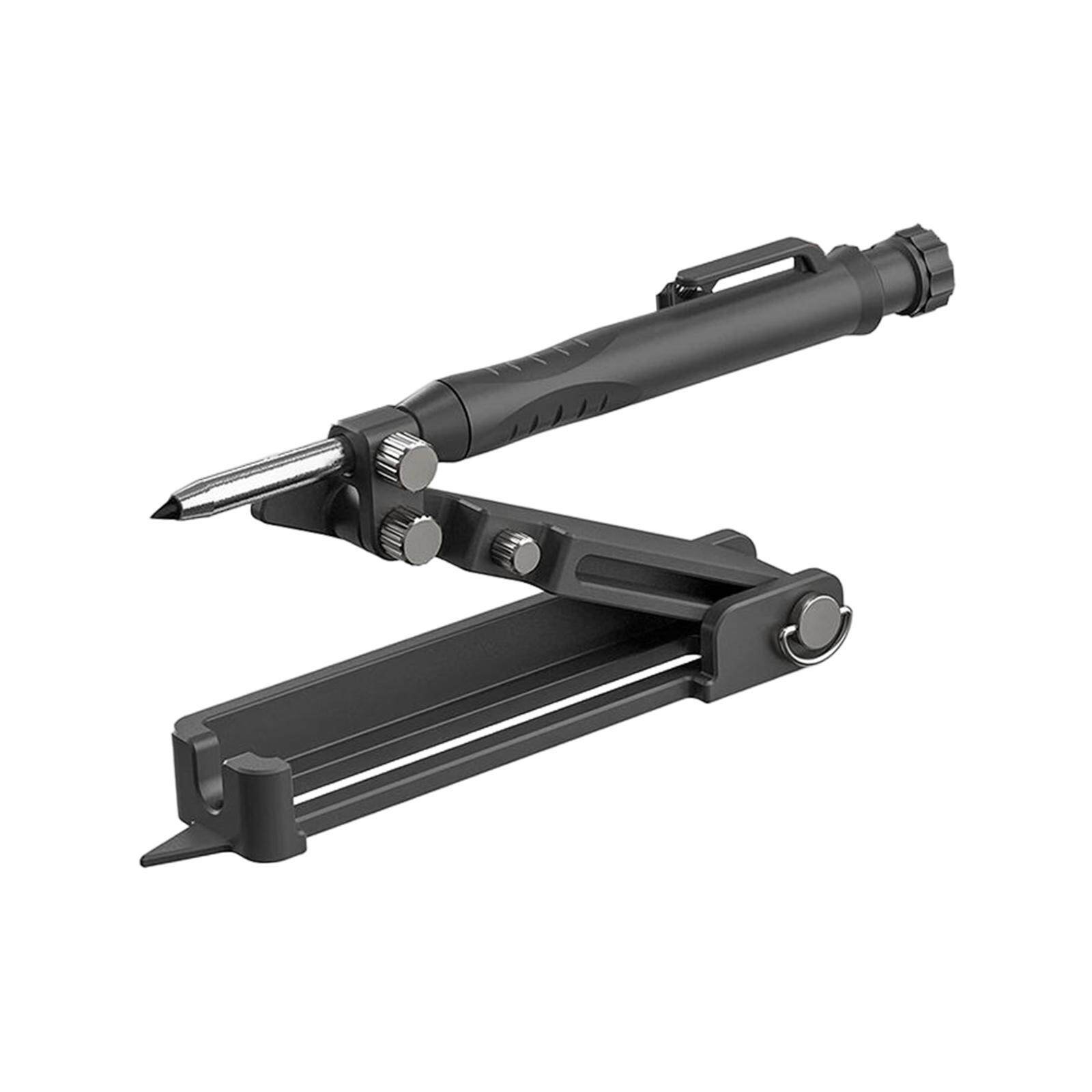


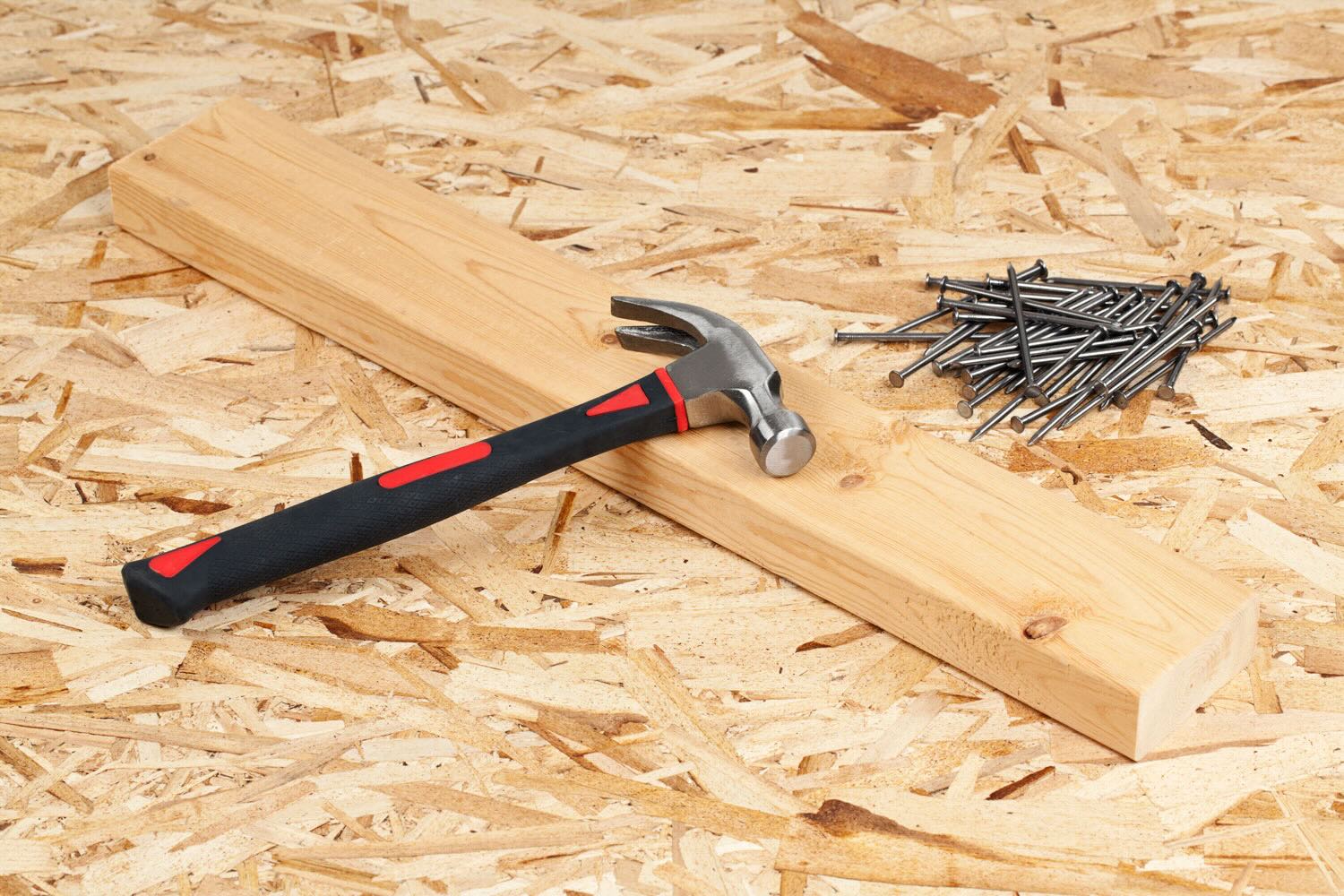
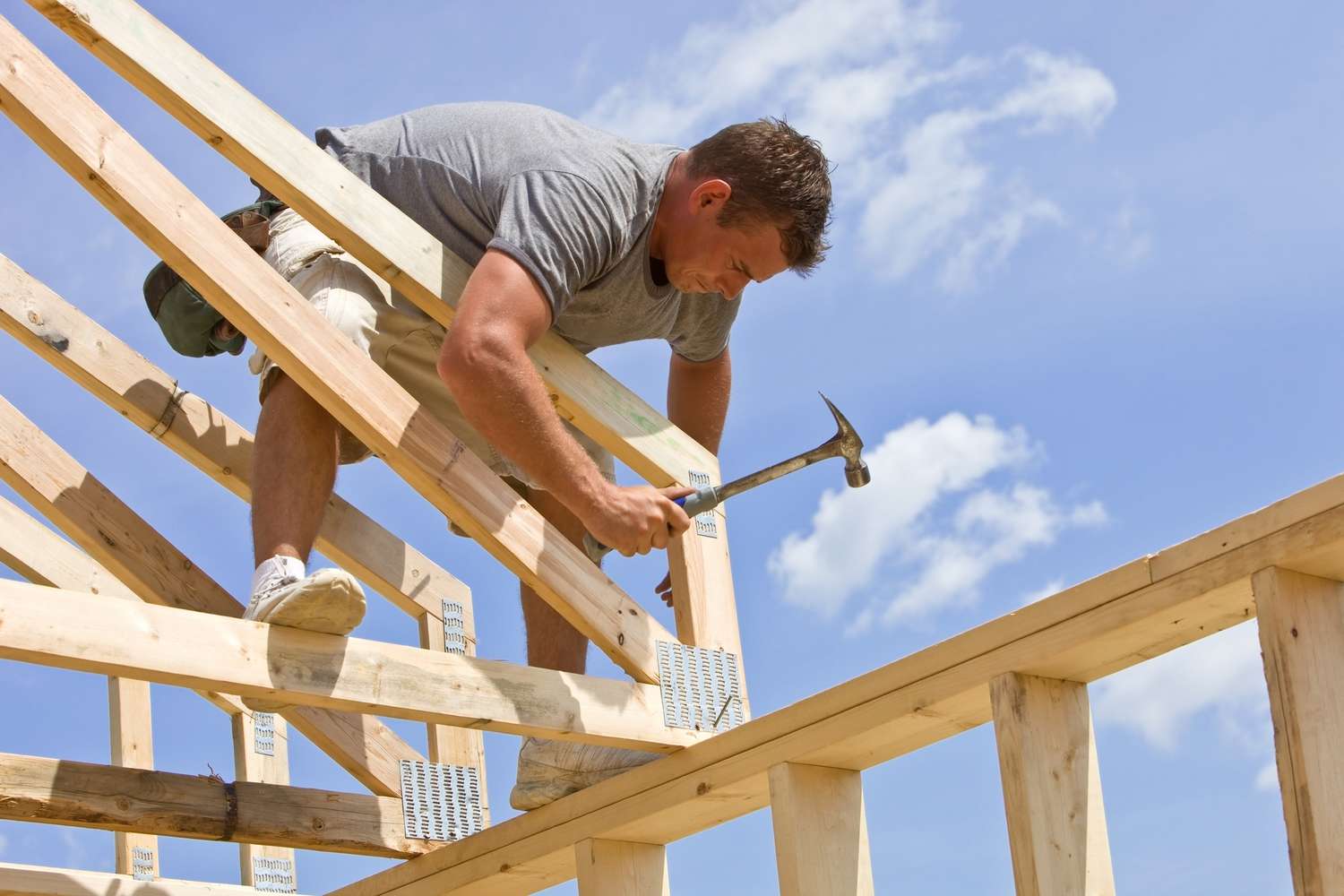


0 thoughts on “What Is A Construction Laborer”